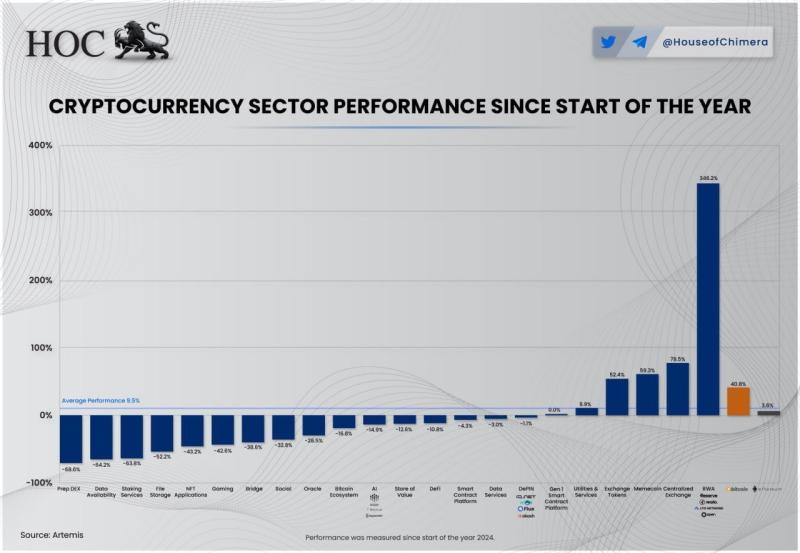What are the best investment strategies to have during the recession?

During a recession, it's important to adopt investment strategies that prioritize stability and risk management. Here are some effective investment strategies to consider before or during a recession:
-
Diversification: Spread your investments across various asset classes, such as stocks, bonds, real estate, and commodities. Diversification helps reduce the impact of a downturn in any one sector.
-
Quality Stocks and Dividends: Focus on well-established companies with strong fundamentals. Dividend-paying stocks can provide a steady income stream even during market volatility.
-
Bonds and Fixed Income: Government bonds and high-quality corporate bonds are considered safer during economic downturns. They provide regular interest payments and act as a hedge against stock market volatility.
-
Cash and Liquidity: Holding onto cash allows you to take advantage of opportunities that may arise during a recession. Having liquidity gives you the ability to invest when assets are undervalued.
-
Value Investing: Look for stocks that are undervalued based on their intrinsic worth. These stocks may have better resilience during a recession and potential for growth when the market recovers.
-
Defensive Sectors: Consider investing in sectors that are less sensitive to economic cycles, such as healthcare, utilities, and consumer staples. These sectors tend to be more stable during recessions.
-
Long-Term Perspective: Recessions are temporary. Investing with a long-term perspective allows you to ride out the downturn and potentially benefit from the eventual recovery.
-
Alternative Investments: Explore alternative assets like real estate, commodities, and precious metals. These can provide diversification and act as a hedge against traditional market declines.
-
Regular Portfolio Review: Continuously monitor your investment portfolio and adjust your strategy as needed. Regular reviews help you stay aligned with your financial goals.
-
Professional Advice: Consider seeking advice from financial professionals who have experience navigating economic downturns. They can provide personalized guidance based on your individual situation and risk tolerance.
Conclusion: Remember that no strategy guarantees immunity from losses during a recession. It's important to do thorough research, understand your risk tolerance, and tailor your investment approach to your financial goals and circumstances.









Comments